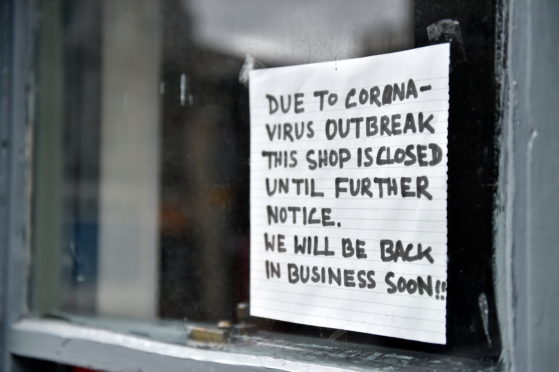A former chief scientific advisor to the government believes it is possible the new lockdown in England could last longer than the one in spring.
Sir Mark Walport was asked if the new English lockdown, which will start on Thursday, could be in place longer than the first more severe lockdown which ran for most of spring.
He told Sky: “It’s obviously a possibility, yes and the only way to know is going to be to really count cases as accurately as possible.”
Sir Walport is currently a member of SAGE and described the latest lockdown in England as “definitely” better late than never.
He added: “The lockdown is not as severe as it was the first time around, so the only way to know is to see how quickly the new cases start dropping.
“As we know, there’s a lag between the case developing, hospitalisation, and the horrible consequences of severe illness or death.
“It’s unlikely this time to come down quite as fast as it did during the first lockdown because we have got schools open.”
Asked about whether people could expect to gather at Christmas, Sir Walport revealed that it was “unlikely” for families to have a normal Christmas.
He said: “I think the virus is sublimely indifferent as to what day of the week it is and indeed whether it’s Christmas or any other festivals, so it does seem a bit unlikely that it’s going to be a completely normal Christmas, that’s for sure.”
His appearance on Sky’s Sophy Ridge on Sunday came after Michael Gove conceded that the planned four-week national lockdown could be extended.
Mr Gove said that over November the government would review the data, adding that he hoped the reinfection rate would be “significantly reduced” by December 2.
But asked if the national lockdown could be extended, he replied: “Yes.”
He said: “We want to be in a position where we can – and I believe that this is likely to be the case – have an approach where if we bring down the rate of infection sufficiently we can reduce measures nationally and also reduce measures regionally.
“Because the regional approach is one that, wherever possible, we want to take because again we recognise it may be the case in the future that having reduced R below 1, having reduced national restrictions, we may see a specific upsurge in specific areas which will require specific regional measures.”


